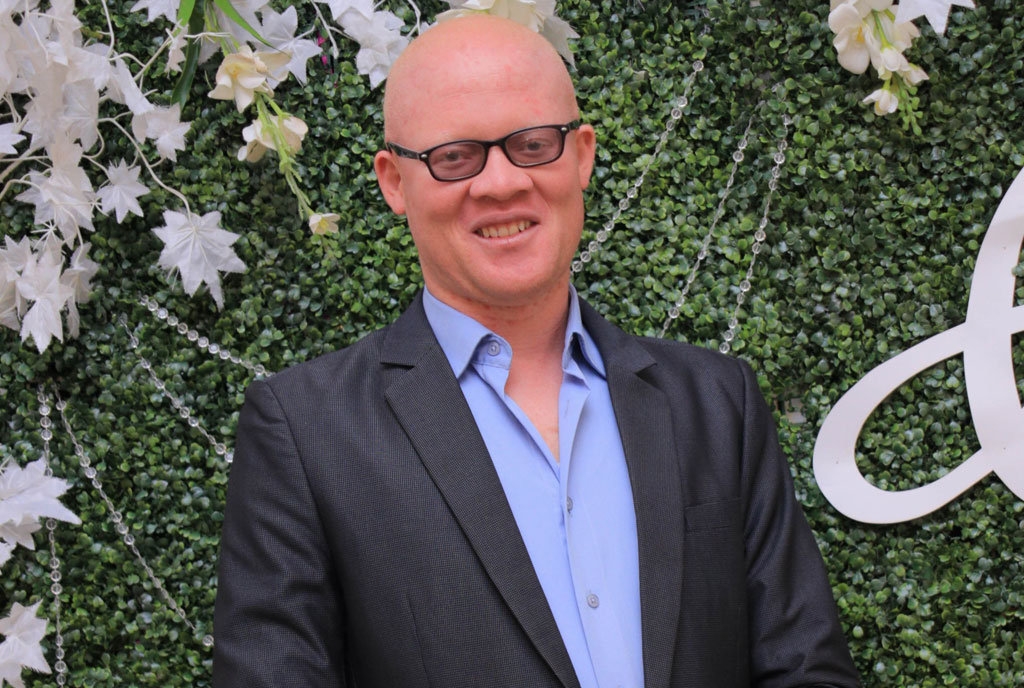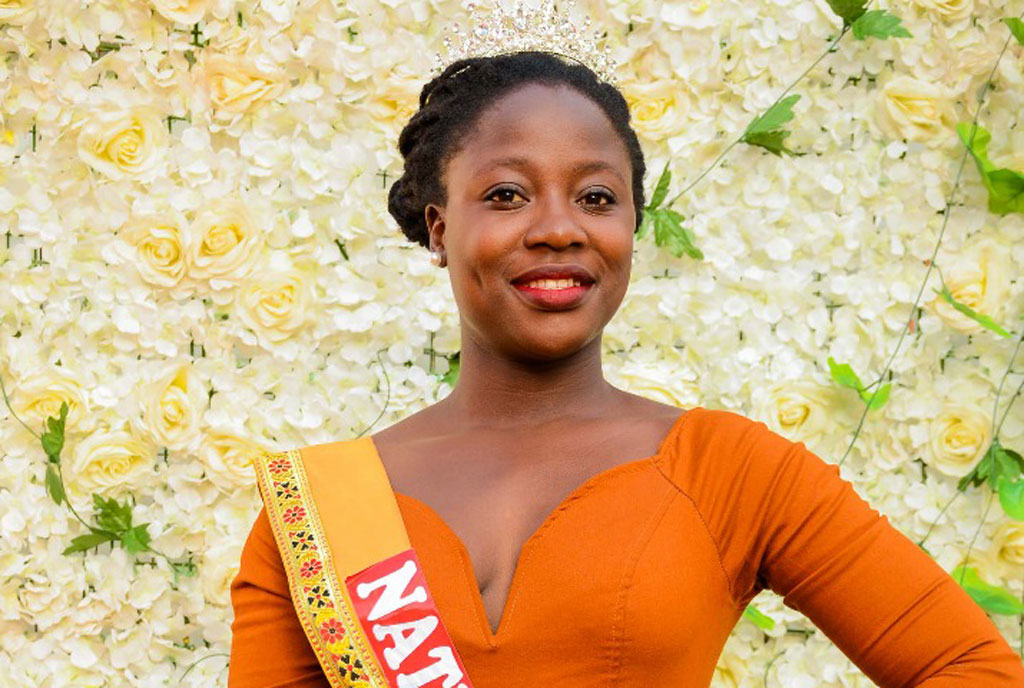Starting out: Do you remember your first job? I bet you do. For most people, these jobs served as a sort of baptism of fire of what was awaiting them in the work life. Esther Oluka talked to six individuals to find out their first work experiences, including the highs, lows and lessons.
Jacklene Arinda
I was counting medicine stock
“When I was growing up, I always had a tendency of asking for money from my family members. If it was not for transport, hair, airtime, it was for a new pair of shoes. It was during my Senior Six vacation that it finally hit me that I was becoming a burden to everyone around me because I never stopped asking for money. So I started looking for a job, from one company to another, but, there was no work. There were even times I requested to volunteer with organisations but they would never let me. My breakthrough came after an uncle’s wife got me a job at her workplace. I worked five days a week in a store counting drug stock. I found the job tough. Imagine, from morning to evening, counting tablets, sachets, then mini and big boxes. Since I was getting paid Shs175,000 on a weekly basis, I started saving some of my earnings for university, which helped me keep afloat. I joined Bishop Stuart University for a Bachelors degree in Social Work and Social Administration. I graduated in 2012. I urge youth out there to have a spirit of always yearning to learn.”
Martin Lubwama, 27,
I sold movies and music videos

“Rather than sitting home, doing nothing during my Senior Six vacation, I decided to set up a mini multi-media library which I used for vending music videos, movies and other kinds of software. This was back in 2012. The business was not very expensive to set up because by the time I started, I already had some downloaded music and movie videos on my smartphone. My aunt gave me some money that I used to purchase a full set computer. Despite the fact that I was not earning much from the business, the little money I got helped me meet some of my day-to-day expenses including airtime. I did not have to ask for money from other people. Running that library taught me a number of things about business, and, life as a whole. I was able to learn a number of negotiating and marketing skills. It also taught me the value of hard work. I had to stop working after enrolling into university and studies became hectic. I want to encourage you to hustle as well. And having qualifications is not enough. If you are failing to get a job, embrace the skills you have at hand.”
Robinah Babirye, 26,
I was a shopkeeper
“I started working right after joining Senior Five in 2011. I was 18 years old. I was shopkeeping as well as selling samosas and vegetable pies with my mother. I decided to join and work with my mother after realising she was struggling with finances and providing for our day-to-day needs. One of the biggest struggles I faced was balancing books and work. I would wake up at about 4 am, make a few samosas and pies that my mother would later sell when I was away at school. I would help mummy operate the shop during my free time. When I was not at the shop, I was supplying snacks to different shops around the home. Doing these different things pushed me to work hard. I learnt how to make money. And I was happy that I was able to provide for some of my needs at the end of the day. I stopped working once university started. I enrolled for a Bachelor’s degree in Community Based Rehabilitation at Kyambogo University and completed in 2016. Currently, I work with an organisation called African Young Positives Network (AY+) as the programmes assistant but also with the People In Need Agency (PINA Uganda) as the youth coordinator. Mummy sadly passed away in 2013. I advise young people not to wait for white collar jobs. However small, dirty or embarrassing a job may be, do not undermine it. Just work.”
Florence N. Blondel
I worked as a waitress
“I remember being desperate and hungry when I walked into one of those night places located along Rubaga Road and asked to be a waitress. This was during my Senior Six vacation as I was waiting for my final results. I was in my early 20s at the time. Working as a waitress was quite a cruel experience. The pay was horrible, and I came to realise that management used part of the place for strip shows. The little money I got from the job helped sustain my livelihood. Eventually, I left after a couple of months to embark on my studies at Makerere University. While at university, I was lucky that a couple of my university friends hooked me up to do work for a research firm called Ipsos. I was not earning much but enough to go by until the time I graduated in 2007. The job hunt, even with my great results was hard. I walked with my brown envelope asking for work but never heard back from anyone. I kept looking and looking. My lucky break came in 2009 after a friend sent me applications for Nation Media Lab where they wanted aspiring journalists to apply for training in Kenya. I was among the lucky ones selected. After the training, I was hired at NTV Uganda as a reporter until 2015 when I resigned to go and study my Masters in London. I now live and work in London.
My advice to young graduates is to never undermine any job. Do not give up. And it does not mean that if you are studying at the university, you should not work. If you get an opportunity to work even while still at the university, please, do not turn it down. The beauty is that you will be earning some money that will sustain you and you will not have to bother your parents or guardians asking for money all the time. And also, do not lose morale because you are not getting a job, keep looking. But while at it, keep looking out for other opportunities such as scholarships to help boost your career.”
Grace N. Mugisha, 34,
I sold banana leaves, chicken and maize
“After losing both my parents at a tender age, my life completely changed. They left behind seven children. I am the second born. After our parents passed away, we thought of different ways of making money to survive. I remember in our family garden, we were growing bananas. I began getting banana leaves from there and afterwards sold them off for money. I was about 12 years old at the time.
I saved some money which I used to buy raw maize. I was taught how to roast the maize well and afterwards sell it off for money. When my earnings increased, I started roasting chicken as well, doing it on the roadside.
The profits helped me pay school fees. Despite this, children bullied me, a lot. They laughed at me. They used to call me chicken. In fact, I remember one time while campaigning to become a library perfect, one student made a very mean joke that broke me. He said, “What is chicken going to do for us?”
I lost my self-esteem because of bullying. In addition, other students never liked associating with me as well. They perceived me as a “nobody,” and never wanted anything to do with me.
Life became tougher at the age of 15 when my siblings and I were forcibly evicted from our family house by some greedy relatives. As a result, we had to stay in people’s homes. I eventually moved into Ms Ruth Kavuma’s home, who sheltered me for years. (Kavuma is a former head teacher of Gayaza High School). She went on to empower me on how to make money from fish smoking and processing. It is the business I am doing now.
To other people going through different trials in life, I encourage them not to give up. No matter the situation, hang in there. Things will always get better. My life, for instance, has improved greatly today because of the fish business. In fact, I get a lot of invitations to talk about my life story at both local and international conferences.”
Oscar Ntege, 32,
I was a merchandise salesman
“I got my first job during my Senior Six vacation in 2005. I was recruited to sell household merchandise by a company called Rhino4. I got to know about the job opportunity after reading an advertisement in one of the local newspaper calling for salespeople. Many interested individuals applied and I was the lucky ones to get hired. I moved around different neighbourhoods with a briefcase carrying household items such as glasses, cups, plates, among other things. Our bosses often emphasised that as we went about with our work, it was important to be smart. That is why I was always dressed in a necktie with a nicely tucked-in shirt. I earned a commission from the sales, and the more items I sold, the more commission I earned in a day. In order to make sales, I had to be persuasive and evoke the client’s emotions.
In other words, I had to be a sweet talker, a strategy that worked quite often. Like in any other business, there were challenges. For example, many times, I had to walk long distances, and things would be very tough when the sun was too hot. On such days, I would get so thirsty. There were places I was also denied access especially building houses for corporate organisations. Then clients had different temperaments. The rude ones always made life difficult. I quit the job after joining a university where I began focusing more on photography. I earn my living today from taking pictures. Regardless, I am very proud of my first job. It taught me a lot of marketing skills which I incorporate into my photography business.”
































































